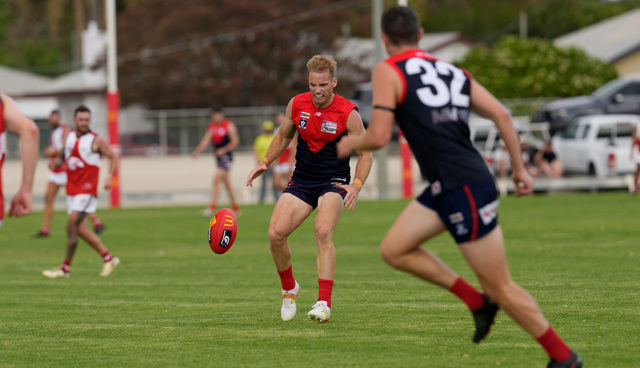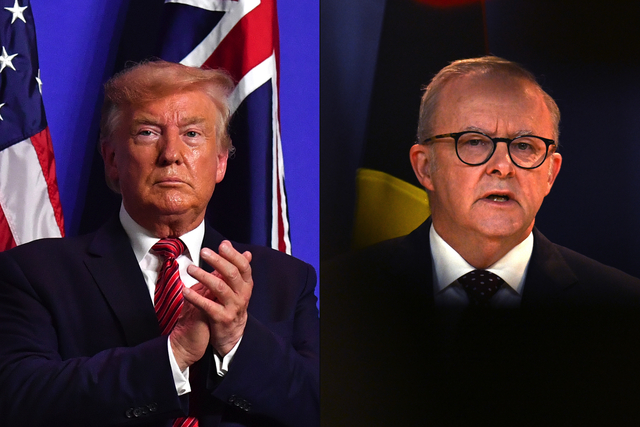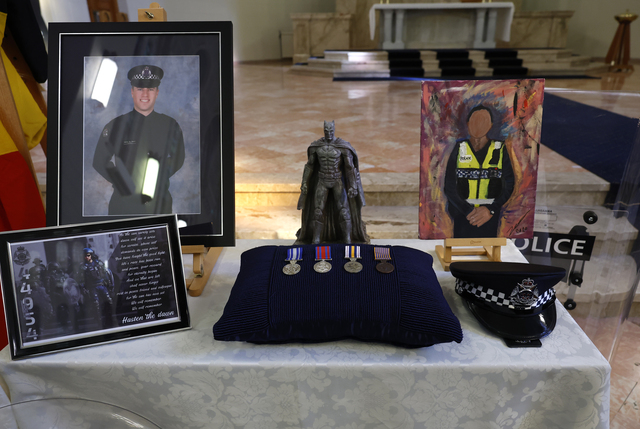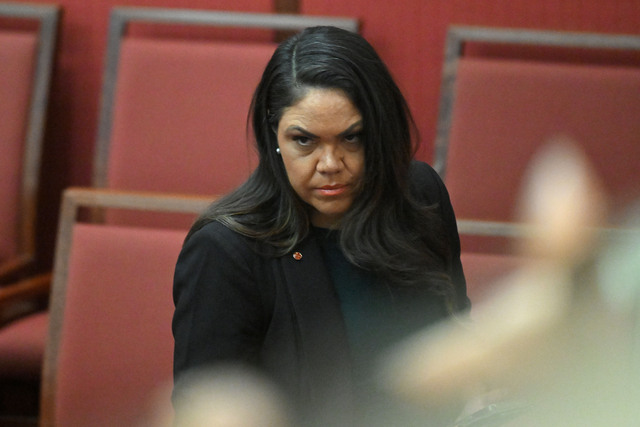MILDURA’S councillors had their eyes open when they rejected the maximum 3.5 per cent rate increase for ratepayers on Thursday night.
They had been briefed on the ramifications of such a decision, albeit only the day before for some, and what it could mean to council’s bottom line. But they took the unprecedented step regardless.
Was it brave? Reckless? Damaging? Populist?
On a night of robust debate inside council chambers, Cr Mark Eckel moved an alternate motion to approve a 3 per cent increase, citing the best interests of the community including the impact of COVID-19, floods and the inequity between city and country rate revenues.
He was backed comprehensively with council voting through the change 6-2.
READ MORE: WHY COUNCIL MADE IT’S CALL, THE CASES MADE BY COUNCILLORS, OPINION: THE WRONG TIME TO MAKE A STAND
I sat with Council chief executive Martin Hawson and Mildura Mayor Liam Wood yesterday to gauge their respective reactions to the decision. And, importantly, what it would mean for the community.
In raw numbers, the decision by councillors to save ratepayers an extra 0.5 per cent rise has stripped more than $350,000 in revenue from council’s 2023-24 budget.
As Mr Hawson explained, that sets the trajectory for future budgets, and decisions that council will make down the track.
For instance, the 2023-24 budget was heading for a $258,000 surplus with a 3.5 per cent rise, with a forward projection for the following year of an $885,000 deficit.
But with just a 3 per cent rise, council is now facing an $88,000 deficit for the 2023-24 budget, and a deficit of more than $1.2 million the following year, which is getting into uncomfortable economic territory.
Mr Hawson explained that they were already prepared for both scenarios, and an amended budget should be completed in the coming weeks.
The next budget, well, that will now require some serious thinking, starting now.
The mayor said the decision to cut the 0.5 per cent was not taken lightly by himself, or his fellow councillors.
“We understood that everyone is going through a bit of a tough time, so do you save the household a little bit and cop a bit in council, or do you push ahead with the full increase?” Cr Wood said.
“So it has been a really tough time in how we were going to handle this and, from my point of view, I could have gone either way.
“But it reinforces how much we need to advocate and aggressively lobby state and federal governments for more funding.”
The Victorian Government set a maximum 3.5 per cent increase in rate increases for the 2023-24 financial year for all councils.
Cr Wood hoped that the state government looked at council’s decision, understood the reasons for it, with all the region’s social indicators, and treated it with compassion when it came to assistant grants and funding.
So was it a populist decision by councillors one year out from an election?
“No,” Cr Wood replied. “And if you listened to the debate, when people were for it they sounded like they were arguing against it, and those who were against it sounded like they were arguing for it, because the pros and cons were being weighed up basically on the spot.
“It was coming down to the last minute and everyone had a little battle within themselves to make a decision, and both sides acknowledged both sides.”
I asked Mr Hawson what was his gut reaction to the decision to strip so much revenue out of council’s coffers?
Was it disappointment, frustration or apathy to the community?
“I felt it sets the direction for what we need to do,” he said. “It is pretty much a pragmatic approach to it because once you have been in local government for a fair while you realise that some things go in a certain direction, whether they are right or wrong time will tell. But we now need to make certain decisions and that’s how I look at it, but disappointment? No.
“When I listened to the council and the debate, it was probably an indicator of how well we were able to communicate and give them knowledge around the situation. And I would have to say from the debate I was positive about that because councillors were very mindful of the decision they were making and the consequences of those decisions, both positive and negative.
“For councillors, it sets a trajectory for the decisions they are going to have to make for the next 12 months.”
Cr Wood agreed.
“It wasn’t an easy decision and I guarantee it hasn’t made any decisions going forward any easier.”







